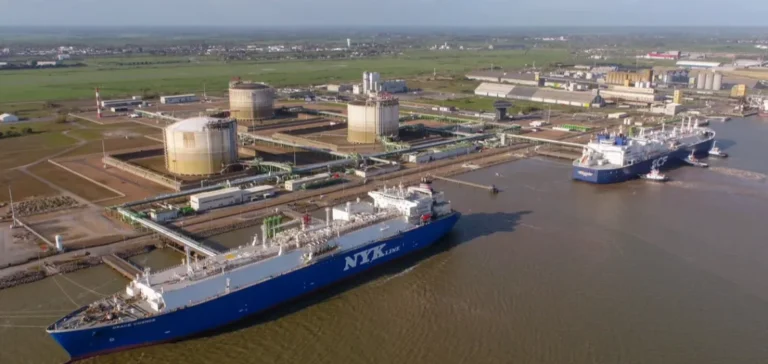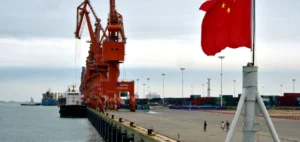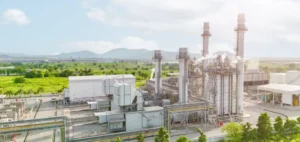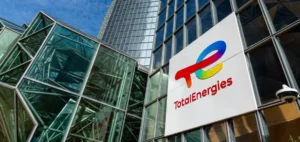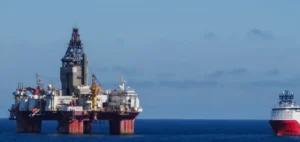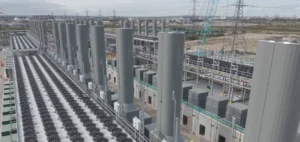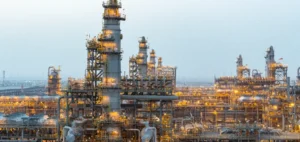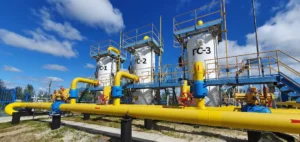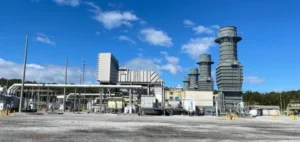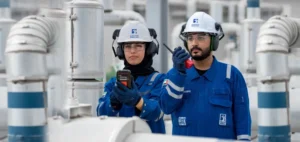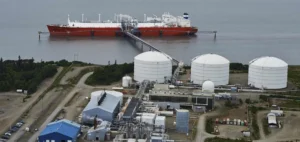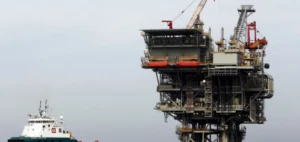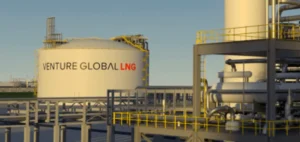Executives in the US natural gas sector said project schedules and costs remain under pressure despite a more supportive regulatory environment in Washington. Speaking at the 2025 Energy Bar Association forum, several leaders cited supply chain issues and litigation as major barriers to infrastructure expansion.
Logistics delays now exceed permitting times
Boardwalk Pipeline Partners President and Chief Executive Officer Scott Hallam noted that while federal permitting processes are accelerating, material constraints are worsening. He pointed to difficulties in obtaining solar turbines for compressor stations, tariffs on key components, and limited access to steel. “It now takes longer to get a solar turbine than to receive a certificate from the Federal Energy Regulatory Commission (FERC),” he said.
Hallam stated that the ambition to build large-scale gas infrastructure is at its highest in years. He estimated that the necessary assets could enter service within three to four years, assuming logistical barriers are resolved.
Legal uncertainty persists despite political backing
Industry leaders stressed that recent federal measures remain vulnerable to political reversal. Although the Trump administration has simplified parts of the National Environmental Policy Act (NEPA), legal risks will persist until Congress enacts binding reforms.
Southern Company Gas Chairman, President and Chief Executive Officer Jim Kerr stated that “the single biggest risk priced into every project remains litigation”. He urged legislative action to reinforce the legal durability of permitting rules, a sentiment echoed by other panel participants.
Short-term demand surge forecast
EQT Corporation President and Chief Executive Officer Toby Rice projected a 20%-40% increase in US natural gas demand by 2030. Forecasts published in February by S&P Global Commodity Insights estimate that total US gas demand could reach 143 billion cubic feet per day (Bcf/d) by 2031, an increase of 22 Bcf/d over 2024 levels.
Rice added that the current infrastructure is already operating at full capacity, creating strain on prices and supply stability, especially with the growth of artificial intelligence-powered data centres. He stated that litigation reform is “the biggest issue” in unlocking investment for essential infrastructure.
Political attitudes vary by region
Hallam estimated that the US will need to add 20 to 25 Bcf/d of additional pipeline capacity by the mid-2030s, possibly earlier. He said the country is “woefully behind” in building infrastructure to move gas from production areas to demand centres.
Kerr observed a shift in political sentiment in traditionally gas-averse areas, such as the Northeast. He noted that expectations of a quick transition to fully renewable, non-dispatchable energy systems are being reassessed. For Southern Company Gas, ongoing regulatory proceedings in Illinois remain a key area of concern regarding the long-term role of natural gas in the state’s economy.


